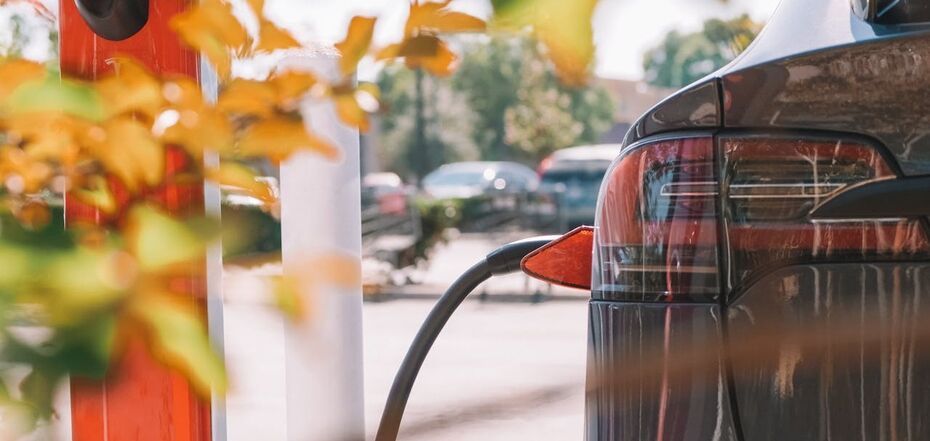News
Not the best choice: the crossovers with the highest fuel consumption are named
In a world of high fuel prices, the search for an economical car is becoming increasingly important for many drivers. Sometimes, the official fuel economy figures listed in car advertising materials do not always correspond to real-world driving conditions.
Experts from What Car? conducted Real MPG tests to determine which crossovers consume significantly more fuel on the highway than their specifications say. It turns out that it is much more important to pay attention to the data from real tests, which show how much fuel a car really consumes in everyday use.
The Real MPG tests were conducted without the use of unrealistic economy methods, such as hypermiling, and give a more accurate picture of fuel consumption. With that said, a number of popular SUVs have shown disappointing results in terms of fuel economy.
The list of the least fuel-efficient crossovers is dominated by representatives of the premium segment, which, due to their power and large engines, cannot boast of efficient fuel consumption.
Among the leaders of the list is the Mercedes GLC 43 AMG, which according to the test results demonstrated an average fuel consumption of 9.3 liters per 100 km. It showed the worst performance in urban conditions, where its consumption amounted to 13 liters per 100 km. At the same time, this figure is slightly better on the highway - 9.5 liters per 100 km, and in rural areas it achieved the best result - 7.7 liters per 100 km.
On a par with the Mercedes GLC 43 AMG is the Porsche Macan Turbo Performance Pack, which consumes about 9.3 liters of fuel per 100 kilometers in the average cycle. This car demonstrates the highest fuel consumption in urban conditions - about 13.7 liters per 100 kilometers. On the other hand, fuel consumption on suburban highways drops to 8.5 liters per 100 kilometers. It is worth noting that previous versions of the Macan with diesel engines demonstrated even better fuel efficiency.
The Audi SQ5 3.0 TFSI is not exactly a fuel-efficient car either. Its average fuel consumption is about 9.5 liters per 100 kilometers, and in the city this figure rises to 13.2 liters per 100 kilometers. On the highway, fuel consumption drops to 9.7 liters per 100 kilometers, and in non-urban conditions - up to 7.4 liters per 100 kilometers. The SQ5's powerful gasoline engine is inferior in terms of efficiency to diesel versions.
These results show that even premium SUVs, which are famous for their power and comfort, do not always boast of economical fuel consumption. Therefore, drivers who are looking for efficiency in the first place should pay attention to real test results rather than relying on official data.
Subscribe to OBOZ.UA's Telegram and Viber channels to keep up with the latest developments.



























